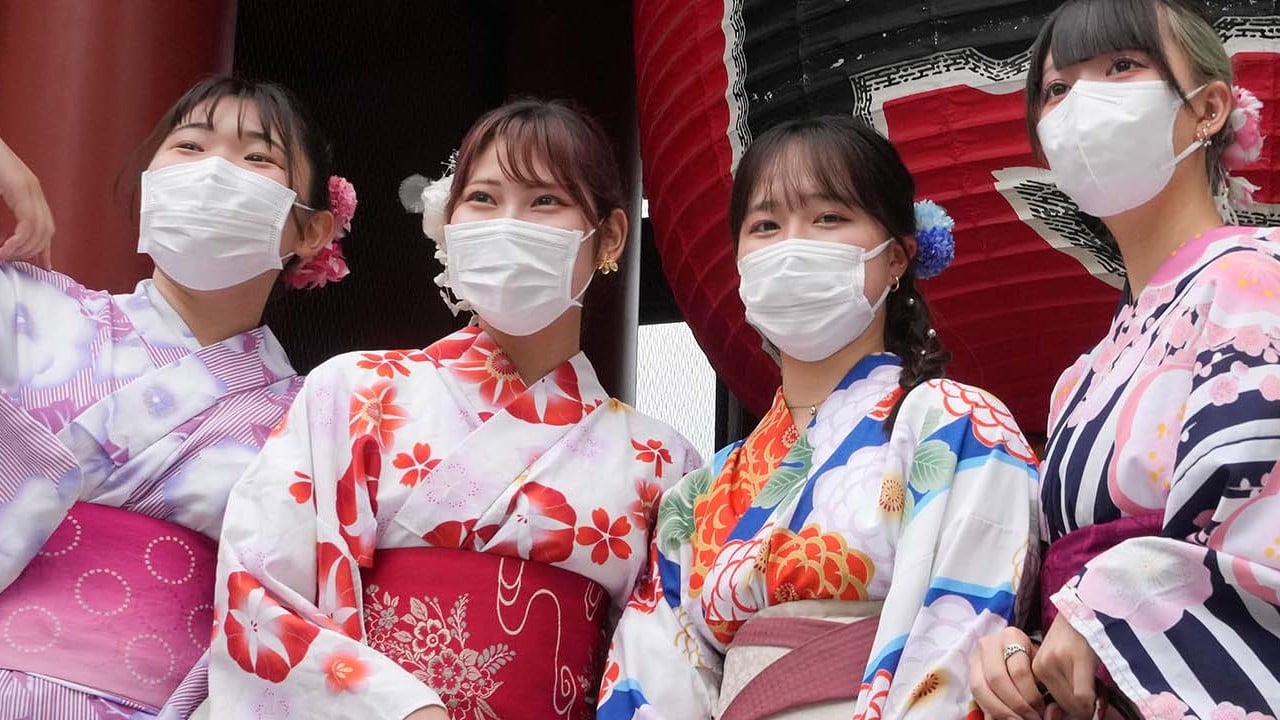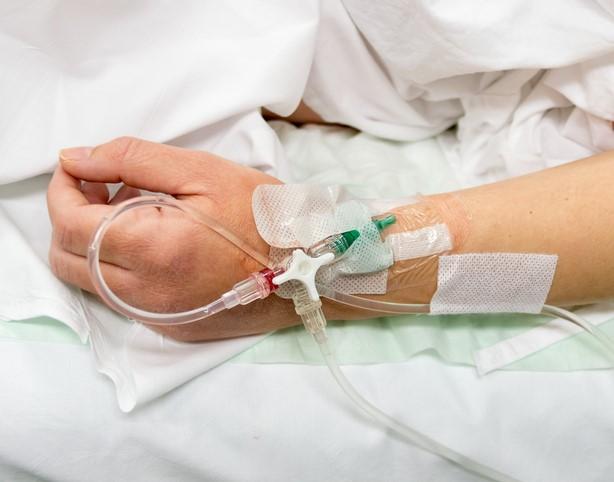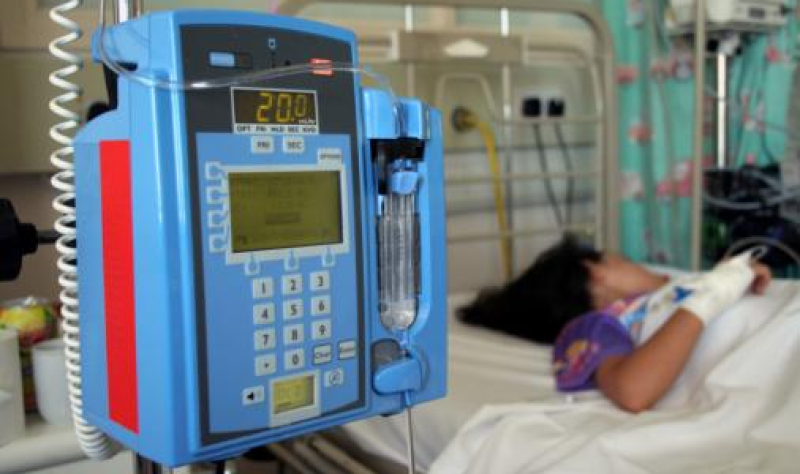What Covid travel curbs remain in Malaysia, Singapore, Japan, Hong Kong?

Nonetheless, some Covid-19 restrictions still remain in place in key Asian tourist destinations. Here are some things you need to know if you are planning a visit to Singapore, Malaysia, Thailand, Japan, Hong Kong or Taiwan in the coming months.
Passengers arrive from their flight at the reopened Changi International Airport in Singapore on September 13 following its closure for more than two years due to the pandemic. Photo: AFP
Singapore
Face masks are not required in indoor settings, except in healthcare facilities, public transport and on board some flights and ferries.
Unvaccinated short-term visitors aged 13 or older will also be able to enter the country with no need to apply for approval. However, they will be required to provide a negative test 48 hours before arrival in Singapore and must buy travel insurance to cover the duration of their stay.
There are stipulations to not being fully-vaccinated, as you will not be allowed to enter events with more than 500 attendees.
All visitors will also need to download the TraceTogether app to verify their vaccination status and submit their electronic health declaration form at least three days before arrival.
Malaysia
Malaysia has kept things simple – all travellers are allowed to enter the country regardless of their vaccination status. Also, no pre-departure or post-arrival Covid-19 tests are required.
Malaysia also does not require tourists to use the country’s contact tracing app, MySejahtera.
How is Malaysia doing this? The Health Ministry said they will increase the monitoring of traveller’s health symptoms at all international points of entry. The government is also trusting travellers to self-monitor their health and go to a medical facility if they are unwell.
Malaysia has also scrapped its rule requiring masks indoors, but they remain mandatory on public transport and in healthcare facilities.
Tourists pose at the Emerald Buddha Temple inside the Grand Palace in Bangkok. Photo: EPA-EFE
Thailand
Travellers to Thailand can show their proof of vaccination on entry, or for those who aren’t fully vaccinated, a negative Covid-19 test issued within 72 hours of departing for the country.
Visitors no longer need to apply for the Thailand Pass – an online platform to submit documents – before entry into the country.
Masks are now voluntary in the popular tourist destination, and nightlife venues have begun operating at pre-pandemic levels, remaining open for longer hours.
Japan
Since June, Japan has allowed some tourists to visit on package tours organised by travel agencies.
However, the country is set to abolish a slew of border controls starting on October 11 to revive its tourism industry.
Japan will allow individuals to enter and reinstate visa waivers for travellers from some countries. It will also scrap its cap on daily arrivals, currently set at 50,000.
Travelling to the island country might still be a bit of a doozy for the uninitiated. Only those who have received their third vaccine shot are exempt from providing proof of a negative Covid test on entry. For all other travellers, a Covid test conducted within 72 hours before departure is required.
There is no law in Japan requiring people to wear masks, but they are still near-ubiquitous in public places like trains and shops.
Travellers arrive at the Hong Kong International Airport on the first day the Covid hotel quarantine has been scrapped. Photo: Reuters
Hong Kong
Incoming travellers will still be required to go through three days of home medical surveillance, and tourists can stay in a hotel for this period.
During the monitoring period, visitors will be able to go outside but will be restricted from entering places such as bars or restaurants.
Incoming travellers also need to take a PCR test on days 2, 4 and 6 after arrival, and a rapid test every day for seven days.
Overseas entry into Hong Kong also requires that tourists be fully vaccinated, and a pre-departure test will still be required. However, a self-administered rapid antigen test (RAT) taken within 24 hours before boarding the flight will suffice, replacing the existing PCR screening requirement. At the airport, tourists can expect to get tested for Covid-19, but no longer have to wait for their results there.
Face masks continue to be mandatory both indoors and outdoors in Hong Kong, and a vaccine pass will still be required to visit most premises and to dine out in the city.
Taiwan
Starting on September 29, Taiwan is set to resume visa-free entry for citizens of countries that previously held that status. It will also increase its weekly arrival limits for international travellers to 60,000, with no more PCR tests required upon entry.
Travellers must undergo a three-day quarantine followed by four days of self-monitoring.
However, things might be looking up for keen visitors. Taiwan is aiming to end mandatory quarantine for all arrivals from around October 13. It is also set to raise its weekly limit on international visitors to 150,000 people and lift its ban on tour groups.
Like Hong Kong, the mask mandate remains in place in Taiwan, but contact tracing and vaccinations checks are no longer required.




